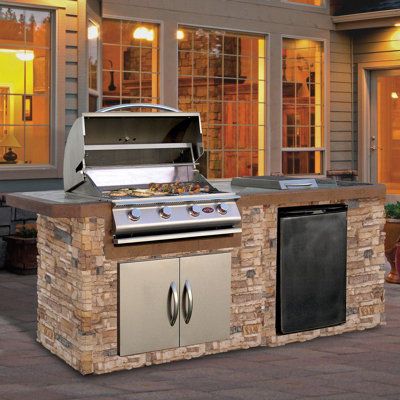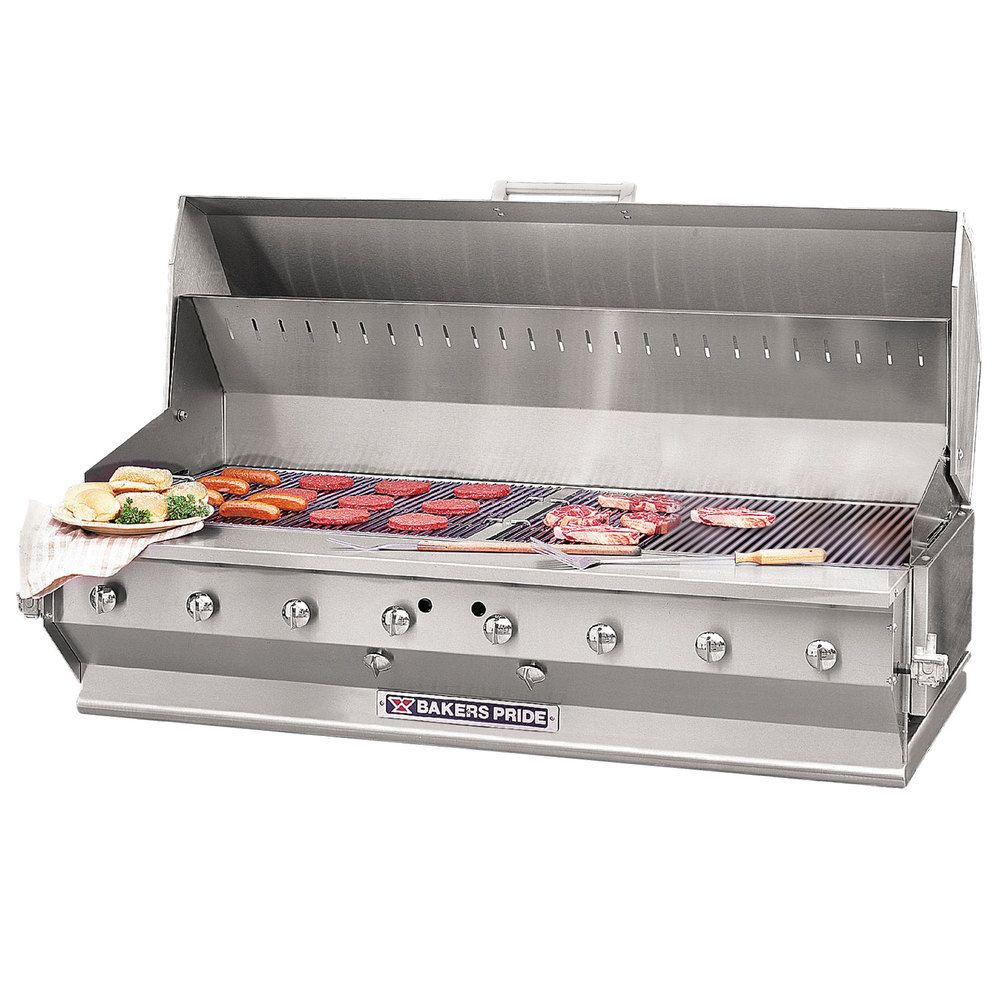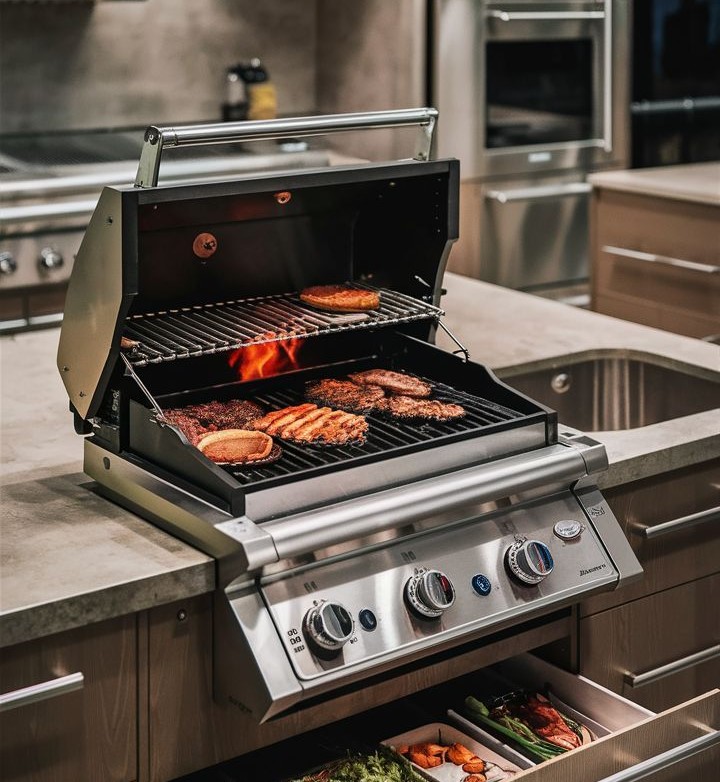People love grilling, but doing it wrong can lead to danger—especially in apartment buildings. One spark on the wrong balcony could put dozens of lives and homes at risk.
Grill safety in multi-family housing requires following strict fire codes, including where and how grills can be used and stored. Compliance depends on education, clear rules, and proper equipment.
Fire inspectors, landlords, and tenants often struggle to understand what’s allowed. This guide explains the rules clearly and shows how to stay safe while enjoying outdoor cooking.
What are the fire code rules for grills on balconies?

Many people think a small grill on a balcony is harmless. But for fire codes, location is everything. The risk of fire increases when grills are too close to buildings or under overhangs.
NFPA 1, the national Fire Code, does not allow grills, hibachis, or similar devices on balconies or within 10 feet of buildings in multi-family housing, unless they are installed according to specific code-approved conditions.
This rule applies to all outdoor cooking devices except some electric grills. Even when not in use, grills should not be stored on balconies, because people are more likely to use them there.
What about electric grills?
Some electric grills are allowed if they meet UL 1026 standards and the building has sprinklers or is built with Type I or II construction. This exception helps allow safe grilling in modern buildings.
Balcony Grill Placement – What’s Allowed?
| Grill Type | Allowed on Balcony? | Conditions |
|---|---|---|
| Gas (Propane) | ❌ Not Allowed | Too risky due to fire and tank hazards |
| Charcoal | ❌ Not Allowed | Ember risk, hard to extinguish |
| Electric (UL1026) | ✅ Allowed if sprinklered | Must follow manufacturer instructions |
| Built-in Gas | ✅ Allowed if code compliant | Requires professional installation |
Key Considerations
- Never store propane tanks indoors.
- Always keep grills away from overhangs, vents, and siding.
- Electric units must still stay 24 inches away from combustible surfaces.
Can residents use electric grills in apartments?

Electric grills seem safe because there’s no open flame. But safety isn’t just about flames—it’s also about heat, ventilation, and distance from materials that can burn.
Residents can use certain listed electric grills in apartments if the building meets fire-resistance construction standards and has full sprinkler coverage.
Even then, they must follow the manufacturer’s instructions. Misuse, even with an electric grill, still causes accidents every year.
Common Questions About Electric Grills
| Question | Answer |
|---|---|
| Are plug-in grills safe? | Only if UL-listed and used outdoors |
| Can I use them indoors on a balcony? | No, unless the unit is indoor-rated |
| Do I need a fire extinguisher? | Yes, for any type of heat-producing unit |
Safety Tips for Electric Grills
- Plug directly into a grounded outdoor outlet—avoid extension cords.
- Keep the cord out of the way to prevent tripping or tipping.
- Clean drip pans regularly to avoid grease fires.
How far should grills be from buildings?
Distance matters. The closer a grill is to walls, windows, or roofs, the higher the risk of fire spreading.
The general rule is to keep grills at least 10 feet away from any structure. In some jurisdictions, that distance increases based on local laws.
There are also other spacing requirements—for example, staying away from walkways, windows, and air intakes.
Safe Placement Guide
| Structure Type | Minimum Grill Distance |
|---|---|
| Apartment Balcony | Not allowed |
| Detached Single-Family | 10 feet |
| Patio with Canopy | Not allowed under roof |
| Fire-Resistant Wall | 24 inches (electric) |
What Happens If You Ignore This?
- Hot smoke can melt siding or soffits.
- Flames can climb walls into roof spaces.
- Heat can shatter glass and ignite curtains.
Following spacing rules is the easiest way to protect both people and property.
Are propane grills allowed in multifamily housing?
Propane grills are common. But they’re often banned in apartment buildings, even if people don’t realize it.
Propane grills are generally not allowed on balconies or near buildings in multi-unit housing unless permanently installed and code-compliant. Portable propane tanks are especially restricted indoors.
These restrictions exist for good reason. Propane is explosive under pressure. A leaking tank or loose hose could cause an instant fireball.
Propane Rules in Summary
- No portable propane tanks inside buildings.
- No use or storage on balconies in non-sprinklered buildings.
- Must follow NFPA 58 and NFPA 1 standards.
Propane Safety Table
| Do This | Never Do This |
|---|---|
| Use propane in open, ventilated areas | Store tanks inside apartments |
| Check hose connections with soapy water | Use damaged hoses or loose valves |
| Keep spare tanks upright and outdoors | Transport tanks in closed cars |
What types of grills are safest for shared buildings?
The best grill isn’t just about taste—it’s about safety. For shared buildings like condos and apartment complexes, the safest options are electric or permanently installed grills that follow code.
Electric grills rated under UL 1026, used on non-combustible surfaces with sprinkler coverage, are typically the safest option in multi-family homes.
Charcoal and propane are almost always banned, unless professionally installed as part of the building infrastructure.
Grill Safety Comparison
| Grill Type | Fire Risk | Allowed Indoors? | Maintenance Required |
|---|---|---|---|
| Electric | Low | Some models | Medium |
| Propane Portable | High | No | High |
| Charcoal | High | No | Medium |
| Built-in Gas Line | Medium | Yes (if coded) | Low |
Do fire codes vary by city or state?
Yes, they do. NFPA 1 sets national guidelines, but local codes can be stricter.
Fire code enforcement varies by location, but all codes aim to reduce risk from outdoor cooking devices in multi-tenant buildings.
Some cities add distance or storage rules. Others may fully ban grills of any kind on wooden balconies.
Common Variations
| City | Grill Ban on Balcony | Fire Code Reference |
|---|---|---|
| New York City | Yes (all types) | Local Fire Code, Chapter 3 |
| Los Angeles | Yes (charcoal/propane) | NFPA 1 + CA amendments |
| Chicago | Yes (wood balconies) | Municipal Code 13-196 |
| Miami | Conditional (electric only) | State Fire Marshal |
Always check your local building and fire department websites.

How can landlords enforce grill restrictions?
Even with clear rules, enforcement is hard. Inspecting every unit is impractical.
Landlords can enforce grill safety through lease agreements, signage, regular reminders, and by working closely with local fire departments.
The goal isn’t punishment—it’s prevention. Education leads to voluntary compliance.
Smart Enforcement Strategies
- Add clear grill rules in leases
- Send yearly safety emails to tenants
- Post signs near balconies
- Offer safe alternatives like shared grilling stations
Conclusion
Grilling is fun—but safety comes first. In multi-family housing, open flames and tight spaces don’t mix. Following fire codes, using proper equipment, and staying informed can prevent disasters. Whether you’re a tenant, landlord, or inspector, knowing the rules and teaching others keeps communities safe.
FAQs
What is the safest type of grill for apartments?
Electric grills rated under UL 1026 are typically safest for apartments with proper construction and sprinklers.
Can charcoal grills be used on balconies?
No. Charcoal grills are banned on balconies in most multi-family buildings due to fire risks.
Are gas grills allowed inside?
No. Never use gas grills indoors. It’s extremely dangerous and against code.
Is it okay to store a propane tank inside an apartment?
No. It is illegal and unsafe to store propane tanks indoors in any dwelling.
Can I install a built-in grill on my condo patio?
Only if the installation is professionally done and meets local fire and building codes.
Do I need a fire extinguisher when using a grill?
Yes. A 5-pound ABC extinguisher should always be near any grill setup.
Does NFPA 1 allow any grills on balconies?
Only electric grills under strict conditions. Others are not permitted.
Who is responsible for enforcing grill rules in apartments?
Landlords and local fire authorities share responsibility, but tenants must also follow the rules.
